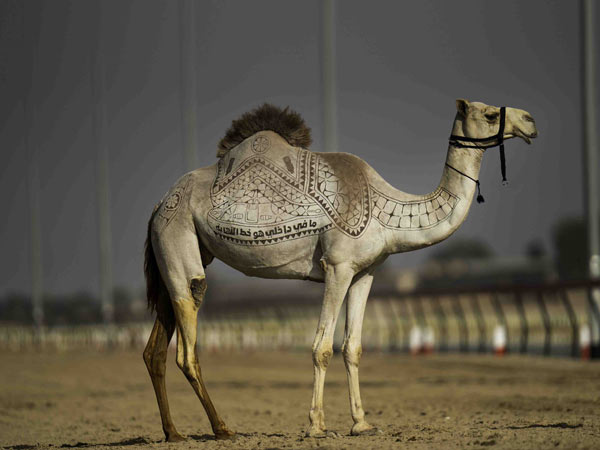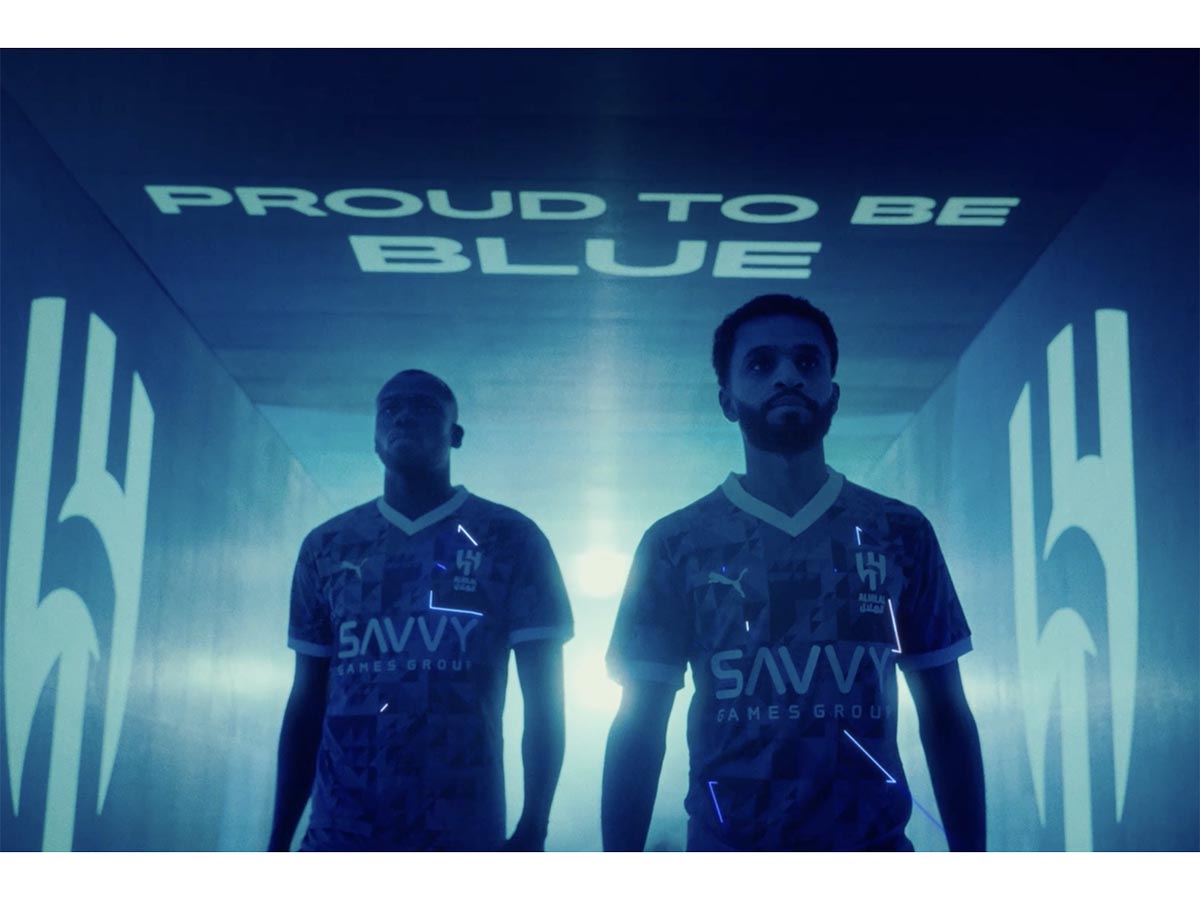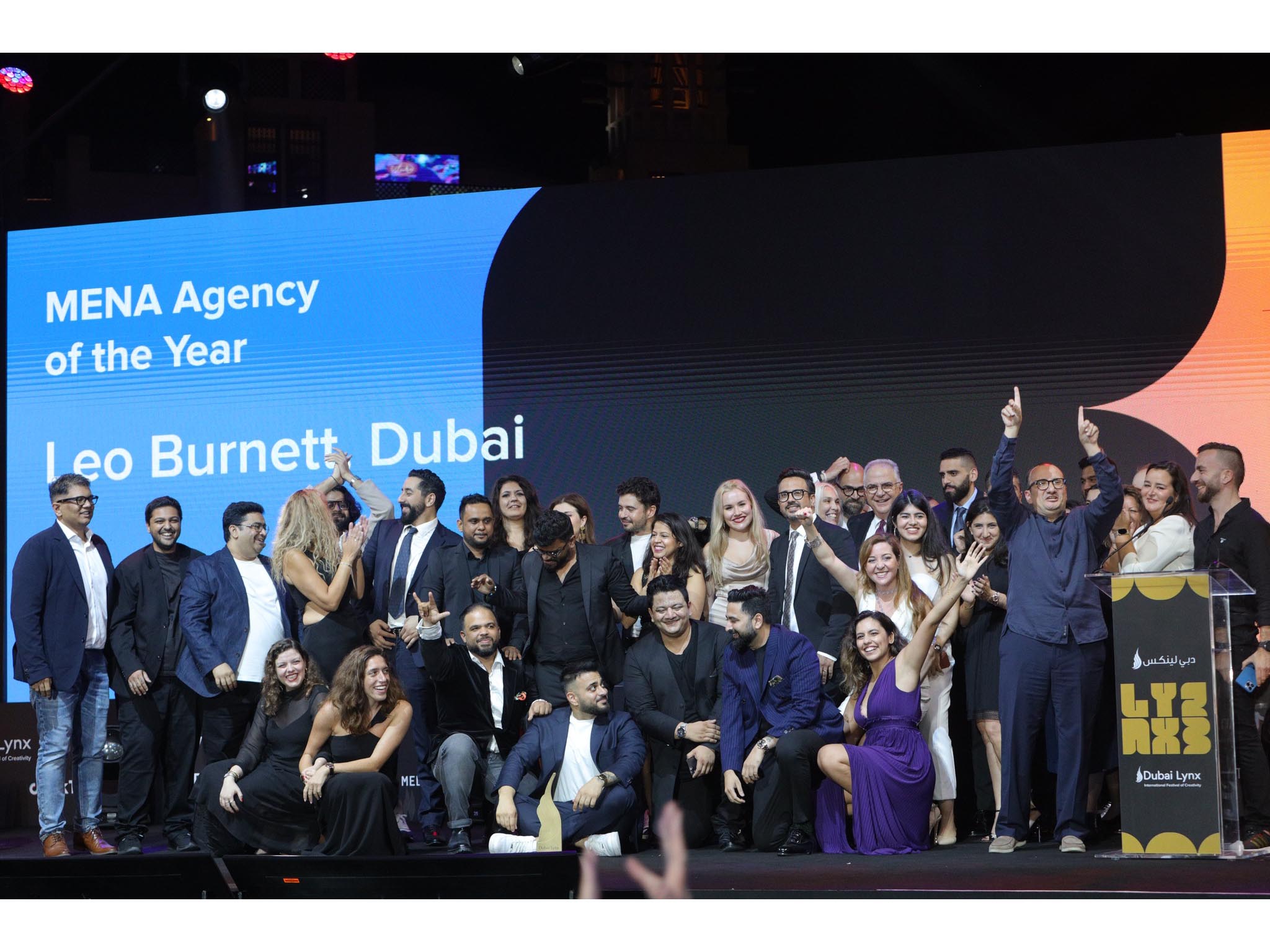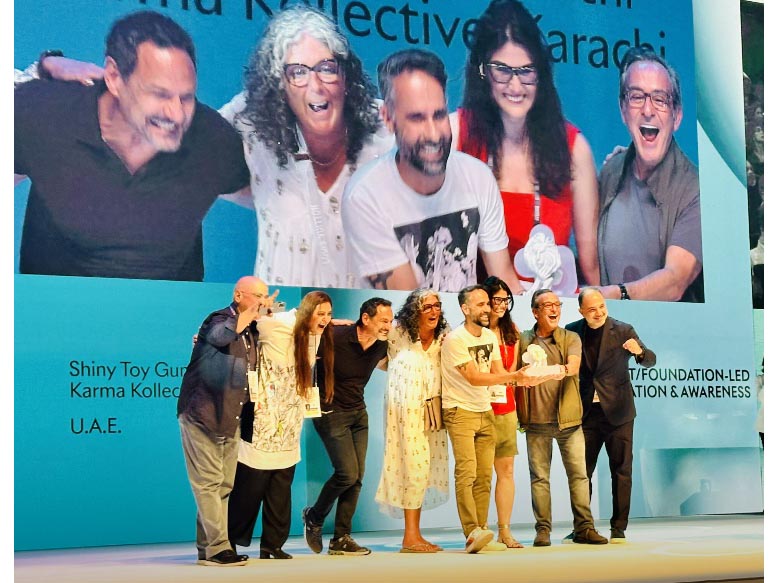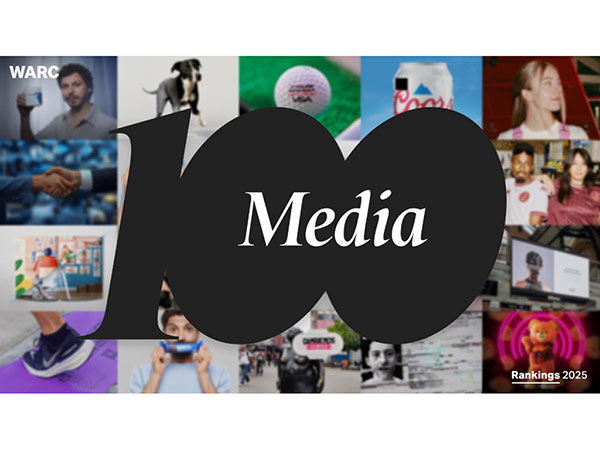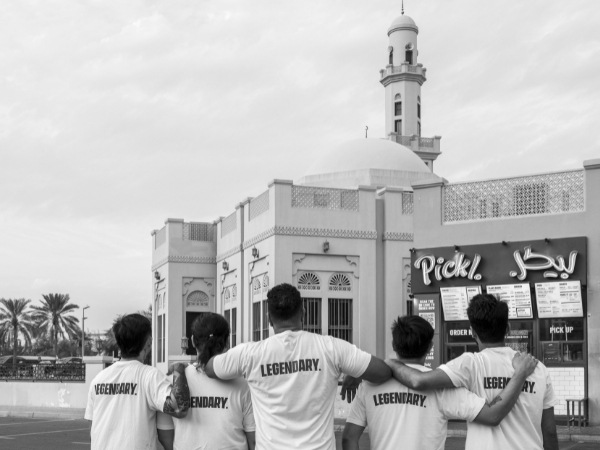News - Advertising
BEEAH launched ‘Race for Life’ campaign to raise awareness on the impact of plastic pollution on camels
by ArabAd's staff
July 6, 2022

The dangerous impact plastic has on camels is being highlighted in a new initiative Race for Life being launched, following the introduction of charges for single-use plastic bags in shops across the Emirate by the Dubai Executive Council.
Race for Life aims to generate awareness with the general public about the effects of irresponsible plastic disposal by campers and tourists by bringing the issue to the forefront and to remind us to clean up after ourselves and take our rubbish home, picking up any other potentially harmful debris we see.
As part of the initiative, a powerful concept film that features representatives from BEEAH, the UAE’s leading sustainability pioneer, and representatives from the Dubai Camel Racing Club, who explain just how fatal plastics getting into the camels’ ecosystem can be and the important role we can all play in making sure we dispose of our own rubbish and any other debris we see lying about.
Camels are one of the most powerful symbols of UAE’s heritage and about half of camel deaths in the UAE are because camels are exposed to deadly plastics, which largely end up in their ecosystem through being left behind by residents and tourists heading into the desert on camping trips or by us generally littering.
BEEAH Tandeef raised awareness about one in two camels dying due to plastic consumption in the UAE, by enrolling its own camel in the Dubai Camel Racing Club’s race - one of the most prestigious camel races in the world. BEEAH’s contesting camel immediately caught the attention of everyone present at the race by not running once the race began. It stood still surprising spectators and the commentator alike. But soon everyone’s surprise turned to shock when they noticed the message crafted on the camel’s body.
The skillful drawings and message on the camel's body which read, ‘My race is against what’s inside me’, pointing to the plastic litter crafted around the message using the traditional practice of camel body art. It is a simple haircut given to the camel to enhance its beauty. The same technique was used to highlight an ugly truth.
The strong message which demonstrate the issues with plastic littering was designed to inspire people to act responsibly.
What one should know is that lumps of polybezoar — indigestible materials including plastics, litter and salt deposits — weighing up to 53KG can become lodged in a camel’s stomach or digestive tract, forming a stone-like mass that cannot be broken down, leading to choking and starving, gastrointestinal blockages, sepsis from increased gut bacteria, dehydration and malnutrition. After an agonising, drawn-out death, the plastic, which takes 400 years to decompose, remains long after the bodies have decomposed.
With global plastic pollution projected to double by 2040 having soared to 348 million tonnes in 2017 from two million tonnes in 1950, anyone wanting a single-use plastic bag for their purchases from retailers, pharmacies and restaurants in Dubai — including e-commerce deliveries — will have to pay 25fil ($0.07/£0.05) ahead of a complete ban expected within the next two years.
The stunt was conceptualized by Leo Burnett Dubai for Beeah to raise awareness about the fact that 50% of the camels in the UAE die due to plastic consumption. It is a tragedy that very few people are aware of, and the idea labeled ‘The Race for Life’ meant to generate awareness about the effects of irresponsible plastic disposal by campers and tourists.
Aptly named OKLAH, which means a camel that gobbles up anything that it spots, ‘the camel that didn’t run’ became the talking point at the Dubai Camel Racing Club grabbing more attention than even the winning camels.
It is worth mentioning that this campaign also coincides with ‘Plastic Free July’, a global movement that helps people be part of the solution to plastic pollution.


